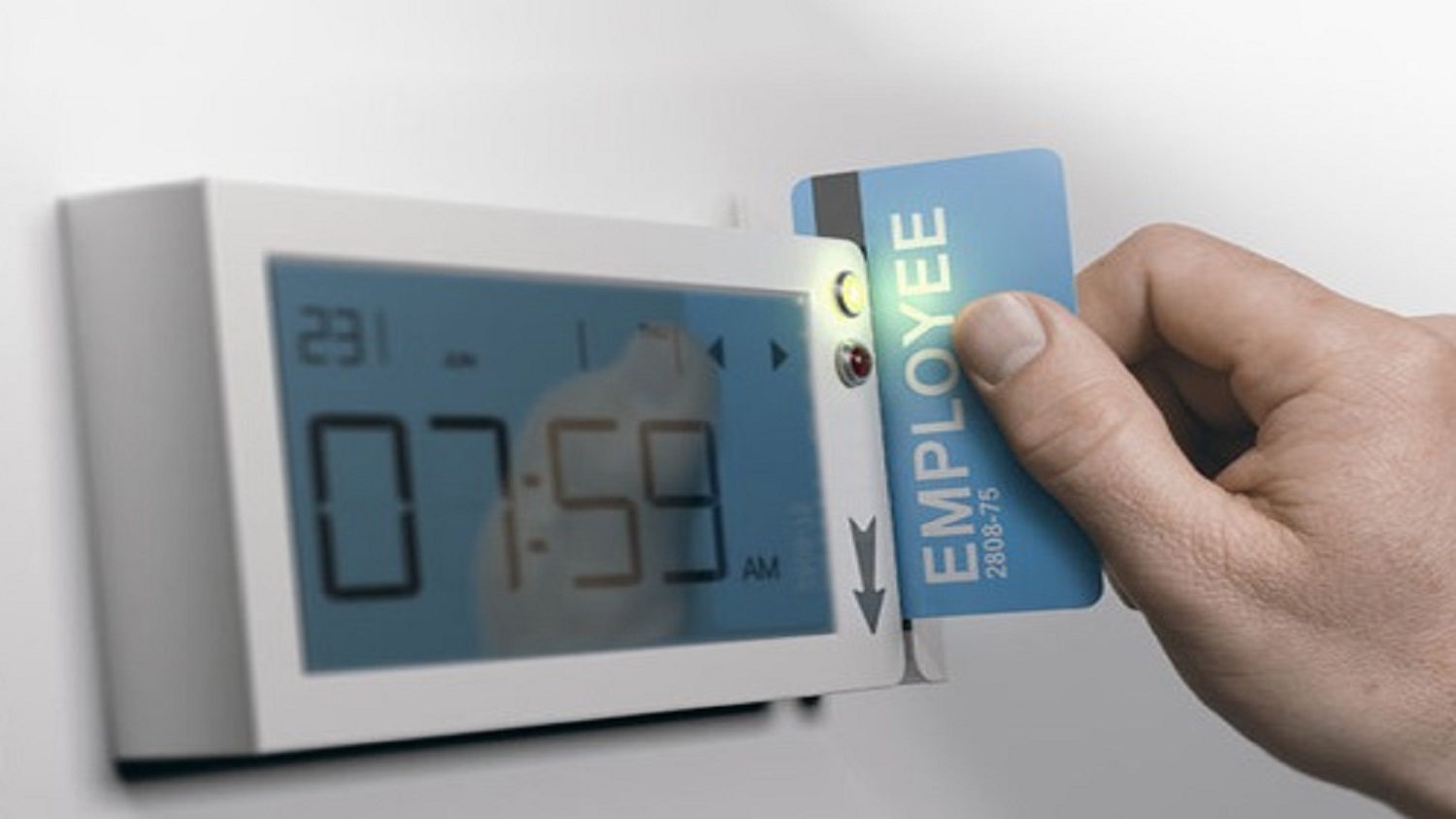
52% increase in over 50s on zero-hours contracts
The number of over 50s on a zero-hours contract has increased from 190,000 in 2014 to 288,000 in 2019 – an increase of 52% in five years, according to new research from Rest Less, a jobs, volunteering and guidance site for the over 50s.
The analysis is based on data from the Office of National Statistics showing the level and rate of people on zero-hours contracts by age breakdown.
Rest Less’s analysis also shows that the increase in zero-hours contracts has been most dramatic amongst the over 65s – a 72% jump between 2014 and 2019.
Zero-hours contracts are also known as casual contracts. This type of contract is usually for ‘piece work’ or ‘on call’ work, for example for interpreters.
This means:
- they are on call to work when you need them;
- you do not have to give them work; and
- they do not have to do work when asked.
Zero-hours workers are entitled to statutory annual leave and the National Minimum Wage in the same way as regular workers.
You cannot do anything to stop a zero-hours worker from getting work elsewhere. The law says they can ignore a clause in their contract if it bans them from:
- looking for work; or
- accepting work from another employer.
You are still responsible for health and safety of staff on zero-hours contracts.
Stuart Lewis, Founder of Rest Less, commented:
“Zero-hour contracts can be helpful to workers who are looking for lots of flexibility in how and when they choose to work – but they come at a cost. With no guaranteed earnings, if used inappropriately they can create significant pressure for employees to take any hours offered, whatever the conditions.
“The rising number of over 50s with zero-hour contracts could be a general cause for concern but is particularly worrying as we brace ourselves for the spread of coronavirus – if people on zero-hours contracts cannot work due to self-isolation they may also not get paid.”







